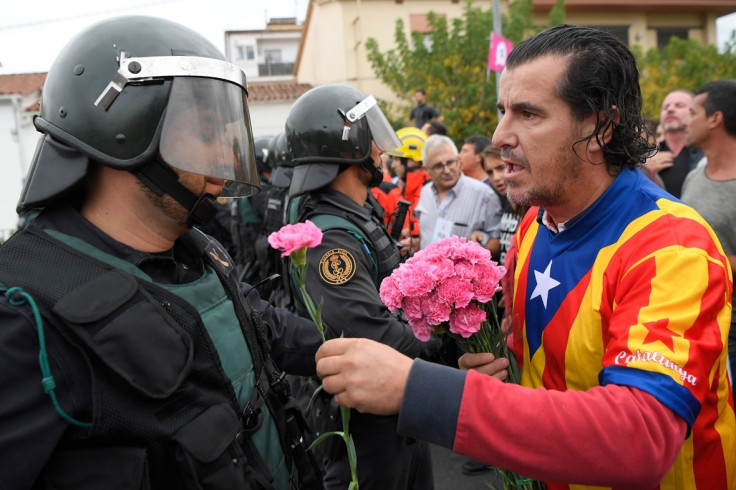Catalonia looks to Estonia's e-residency and considers cryptocurrency option
Technology experts from the Generalitat de Catalunya have visited Estonia several times to gather tips on how to implement an e-residency programme.

As Spain is poised to seize control of the Catalan government and stop the region's bid for independence, an initiative is underway to emulate Estonia's innovative e-residency programme.
Technology advocates in Catalonia, which is reputed to be ahead of the rest of Spain in areas like fintech, are also reportedly touting the possibility of a national cryptocurrency or digital token, something Estonia has also been considering.
An article in Spain's main daily newspaper El Pais reports that digital transformation experts working for the Government of Catalonia, the Generalitat de Catalunya, have visited Estonia several times to gather tips on how to implement an e-residency programme.
Dani Marco, director of SmartCatalonia, who appears to be heading up the initiative, pointed out that the Estonians "started from scratch, with all the possibilities they were offered to build a model of economic development."
The article goes on to namecheck Vitalik Buterin, inventor of the next generation public blockchain Ethereum, who was attending a technology conference in Barcelona. The takeaway was that Catalonia could follow Estonia's proposal to issue some flavour of national blockchain tokens – a decentralised store of value in other words.
Most of the time you hear about banks stating that cryptocurrencies like Bitcoin are only good for criminals, or that they are too slow, or volatile to be of any real use. However, issuing digital currency without the need for a central bank is undoubtedly a bona fide use case.
Moreover, the mere mention of Estonia in this context is somewhat incendiary: the digitally advanced Baltic nation recently proposed issuing a national cryptocurrency – the so-called "Estcoin". This would make it the first nation to carry out an initial coin offering (ICO), a new way of funding technology projects by issuing tokens on a blockchain.
A blogpost on the subject garnered so much interest and media attention that in the end the European Central Bank chief Mario Draghi publicly slapped down the proposal. "No member state can introduce its own currency; the currency of the eurozone is the euro," he said.
The other thing that Estonia has perfected across its 1.3 million e-residents is a secure and tamper-resistant e-voting system.
The man behind Estonia's audacious ICO and Estcoin idea is Kaspar Korjus, managing director of e-residency, Republic of Estonia.
Speaking at a recent GovChain blockchain event in London, Korjus said he envisaged the Estcoins as an EU-wide cryptocurrency, or as a crypto token. The latter would be a kind of digital commodity used to incentivise people to take part in networks, digitally sign things, and also create investment in Estonia.
"The idea reached 200 million people; many of them quite angry people, including at the Bank of Estonia," said Korjus. "But if startups can raise funds, why not governments?"
The notion of challenging a sovereign entity by way of issuing cryptocurrency speaks to the hardcore libertarian roots of Bitcoin, the main, censorship-resistant cryptocurrency.
It's not a coincidence that Bitcoin was released in the wake of the banking crisis; a message stating that "politicians discuss second bank bailout" is permanently inscribed into the genesis block of the Bitcoin blockchain for posterity.





















